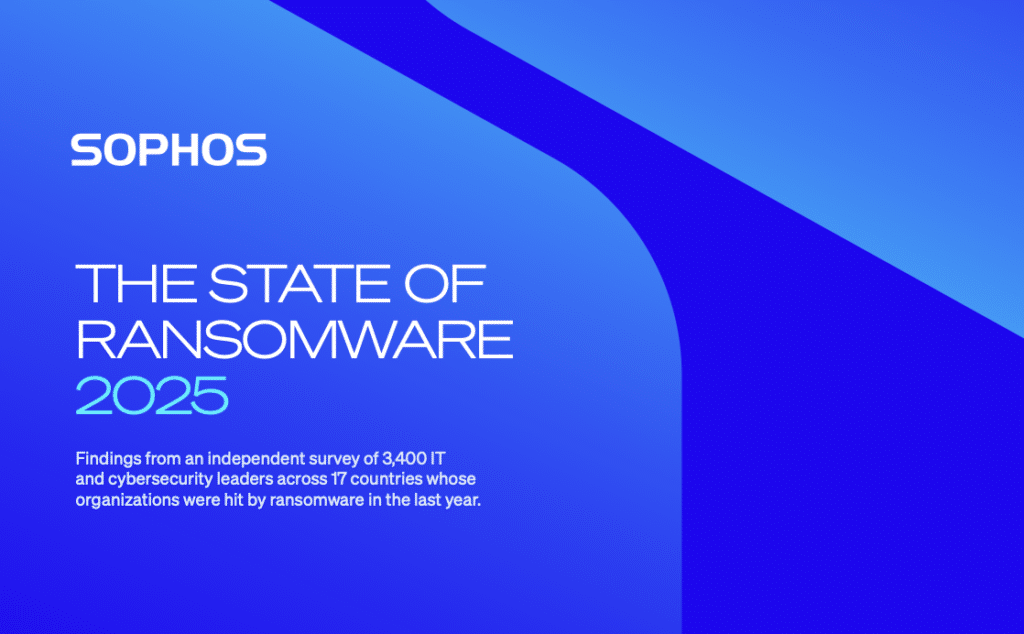How remote working is affecting Law firms Cyber Security

We’ve all experienced a rapid shift to remote work; however Lawyers and their firms are potentially more exposed to the threat of Cyber criminals due to the sensitive data they hold. Therefore, Cyber security is a paramount concern for these professionals.
Unsecured networks and accessing information on insecure home devices and having to share data all online, have left law firms with huge gaps in security which allows hackers to exploit. The legal sector has certainly experienced a serious increase in cybercrime. It was reported last month that global law firm Jones Day had 100 gigabytes of data stolen, with some of it appearing on the dark web, after a third party that provided it with file transfer software was hacked. As law firms handle such sensitive data, they are a highly attractive proposition for cyber hackers due to the high volume of sensitive and private information and also due to the fact that they handle huge amounts of data. What are the most common threats in cyber security for law firms? Malware is not new, but it keeps evolving with ransomware being the most popular particularly when cyber thieves are targeting law firms. This is because ransomware prevents access to databases, documents and files. Cyber criminals then proceed to blackmail firms in the hope to extort money from them. Reputations can be ruined by such an attack as sensitive client information, however even in Law firms succumb and pay the ransom, cybercriminals often continue to blackmail, so lawyers really do need to consider the cyber security they have before it even gets to that stage. How Law firms can protect against cybercrime Thankfully, there are several things you can implement in your law firm to ensure you have the cyber security you need. Implement VPN and Ant-virus Anti-virus will identify malware and notify you before it can cause your business any damage. You could use a free ante-virus, but it will lack several crucial features, so ideally your business should consider working with a managed IT Services team to ensure you are fully protected and any threats removed. Ensuring your teams are using VPN is also an excellent idea. VPN can encrypt your data which is impossible for cyber attackers to hack. By everyone using VPN, it adds an extra layer of protection. Consider using Managed IT Services You should approach Cyber security the same way your clients consider using your law services. Your clients choose you as experts in law, so you should consider using managed IT Services as they are the experts you need to protect your data. Your job is to focus on providing legal support, so by adding specialists in cyber security would be exceedingly beneficial. Managed IT Services will secure your data Managed IT Specialists can help secure your data, educate your employees on how to minimise possible security breaches, and manage your law firm’s cybersecurity. By ensuring your law firm has a team of professionals in IT Services maintaining your cyber security will ultimately ensure that your business is protected and will long-term save you money. Your Cyber Security specialist will help you with an action plan Even with measures implemented for your cyber security, you still need to have an action plan should a cyber-attack occur. Your Cyber Security specialists will support you with that plan, however, being highly organised is key. Knowing what to do if your clients data is hacked will minimise risk and protect your law firm’s clients and ultimately, your reputation. Should you need support in your firm to protect your data, then do contact Mode today.
Managed IT Specialists can help secure your data, educate your employees on how to minimise possible security breaches, and manage your law firm’s cybersecurity.
![]()
Subsribe for updates and our latest research
You may be interested in
Is Your MSP Really Helping You Grow — Or Just Keeping the Lights On?
There’s a moment in every business where the question quietly surfaces: “Are we getting what we really need from our IT provider?” It’s not always easy to answer. On the surface, things seem fine. Tickets are resolved. Reports arrive. There’s someone to call when things go wrong. It’s familiar. It’s comfortable. And that comfort can be deceiving. Because beneath the surface, many organisations are stuck in a service relationship that feels safe — but is actually stagnant. And here’s the truth: comfort isn’t the same as progress. For many, the idea of changing MSPs or challenging the…
The 2025 State of Ransomware: Key Insights on Attacks, Costs, and Recovery
Ransomware continues to evolve — and so must our defenses. The State of Ransomware 2025 report from Sophos presents one of the most comprehensive views yet into how organisations around the world are being impacted by ransomware attacks. Based on an independent survey of 3,400 IT and cybersecurity leaders across 17 countries, the report explores how attacks are evolving, the operational weaknesses adversaries exploit, and the human and financial tolls that follow. Whether you’re building a cybersecurity strategy or assessing risk, this year’s findings offer crucial, real-world insights to guide your response. Key Findings from…
Outgrowing your MSP; businesses need a provider that scales with their growth
To stay competitive, business leaders must align with MSPs that deliver strategic value, drive innovation, and support to scale. Now firmly into 2025, it’s becoming clear what the year has in store for the IT landscape. For SMBs, the message is clear: business growth must be matched with smarter, more scalable managed services. The demand for cyber-resilient, cloud-first and AI-integrated solutions is no longer a forecast – it’s a reality already shaping business priorities. According to leading global technology market analyst firm Canalys’ MSP Trends 2025 report, the MSP model is transforming under growing pressure…
End of windows 10 support signal urgent action needed from UK organisations as cyberattacks continue to rise
Recent breaches at major UK retailers, combined with the approaching end of life of Windows 10, highlights a critical moment for IT resilience planning The recent wave of cyberattacks targeting major UK retailers has highlighted the growing security risks associated with organisations running outdated systems and applications and maintaining weak identity verification protocols. These incidents—particularly those involving Marks & Spencer and the Co-Op—have starkly exposed how vulnerable legacy infrastructure and insufficient access controls can be. In both cases, attackers successfully posed as legitimate employees and manipulated IT help desks into resetting internal passwords, ultimately gaining…
UK SMEs must fortify their cybersecurity against geopolitical risks, says Espria
A recent Sky News investigation highlighted an uptick in cyberattacks tied to the Iran conflict that are targeting businesses across multiple sectors. Speaking at the NATO Summit, Prime Minister Sir Keir Starmer urged UK businesses, regardless of size or sector, to prioritise cybersecurity and ‘take immediate steps to review and strengthen their defences.’ While the warning is timely in tone, businesses are already becoming targets of politically motivated cyberattacks, emphasising the need for heightened vigilance. “As tensions spread globally, threat actors will continue to exploit digital vulnerabilities, and neutral businesses may be caught in the…
Why Businesses Should Invest in ESG: Lessons learned by Espria
In today’s competitive landscape, Environmental, Social and Governance (ESG) performance is no longer just a “nice to have”—it is a critical business imperative. Companies that prioritise ESG are better positioned for long-term success, risk mitigation, and reputation enhancement. Today’s world demands more from companies than just financial performance. Customers want transparency. Employees want purpose. Investors want resilience. ESG helps businesses manage risk, seize new opportunities and build trust with the people who matter most. It is how you can stay competitive, stay responsible and stay relevant in a fast-changing world. A powerful case study of…





